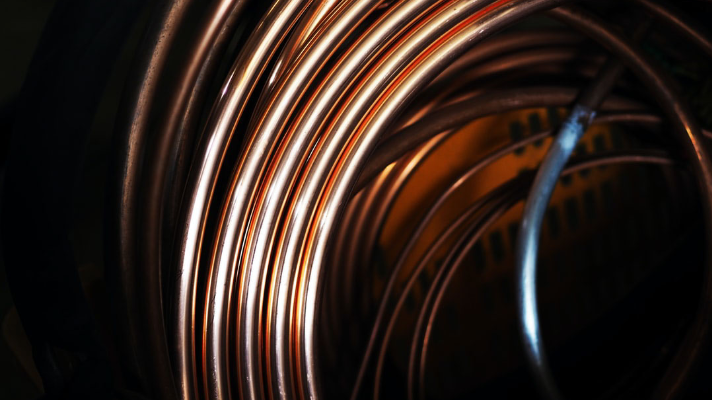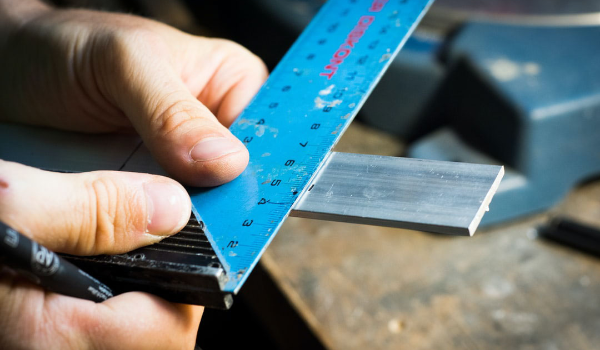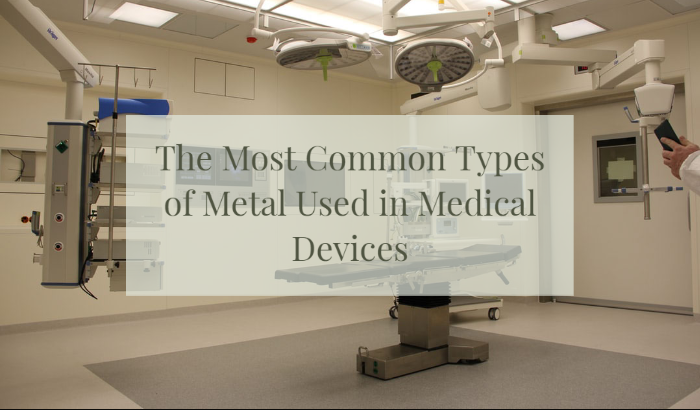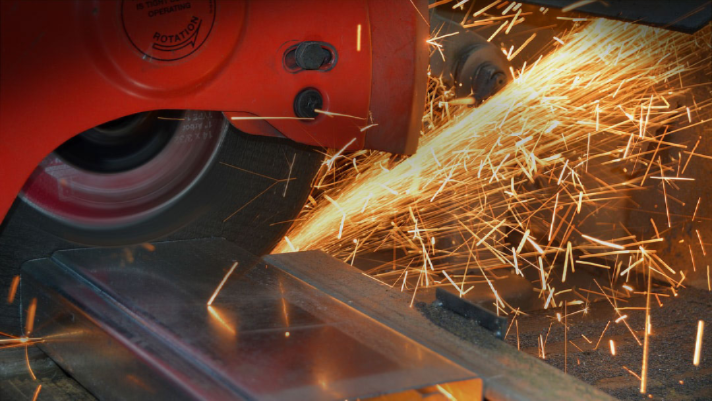Aluminum’s Critical Role In The Aviation Industry
Day in and day out, 1.73 million people travel by airplane in the United States. They fly on one of the nation’s 212,335 commercial aircraft, or — in some cases — on one of the additional 7,628 private aircraft or aircraft for-hire. Just about all of these aircraft have one thing in common: they are constructed out of aluminum and aluminum metal composites.

For decades, aluminum has been the material of choice for those in the aviation and aerospace industries. How did that happen, and why does aluminum remain so prominent in the aircraft industry today?
The First Airplanes
The Wright Brothers famously built the first powered aircraft and flew it in 1903. Even then, the Wright Brothers had enough foresight and knowledge to use a lightweight aluminum engine and other aluminum aircraft parts. The frame and exterior of the plane, however, were made from bamboo, spruce, and fabric. These materials were inefficient, even back then. However, at the time, access to aluminum and thin sheet metals was highly limited and the aluminum that was available was extremely costly — more than the Wright Brothers could afford.
For years, and particularly before World War I, many aircraft continued being built primarily out of wood. Wood failed to live up to expectations. Aircraft made out of wood did not get as much speed and lift as hoped. Most critically, it posed a serious safety hazard. Wooden aircraft had the potential to rot. If it did, the strength of the material often failed during flight, causing crashes and fatalities.
During World War I, aircraft designer Hugo Junker built an airplane entirely out of metal. This trend continued throughout World War I and into World War II.
Why Aluminum?
Today, nearly one third — or 27% — of all aluminum is purchased and utilized by the transport industry. Why is aluminum the preferred material?
Now, aluminum and select metal composites (combined metals) are relatively inexpensive, predictable, and strong. Manufacturers can rely on thin metal strips of aluminum to be lightweight and support the weight of an aircraft. For example, 6061 aluminum is pliable and resistant to corrosion, making it ideal for airplanes’ fuselages and wings.
Plus, aluminum holds up well in extreme weather conditions and against extreme heat. Its lightweight not only makes it optimal for maximum lift but also for fuel efficiency and using as little fuel as possible to cut down on costs and reduce emissions.
The Types Of Aluminum Most Commonly Used In Aircraft
In addition to several different types of aluminum, aluminum composites are also very common in aircraft construction. Some of the most popular ones include 6061 Aluminum, 2024 Aluminum, 3003 Aluminum, Aluminum 5052, and Aluminum 7075.
There are pros and cons with each type of aluminum or aluminum alloy. For example, 6061 Aluminum is more flexible and pliable. 2024 Aluminum is stronger, but that increased strength comes with more rigidity. 3003 Aluminum is extremely workable, making it the ideal material for aircraft cowl (the metal covering an airplane’s engine) and its baffle plate or engine baffle, the structure that keeps air flowing and the plane operating at a safe temperature.
While flying, many of us may not consider the thousands upon thousands of pieces of metal that make up the aircraft. In reality, that metal keeps aircraft safely flying, safely in the air, and safely at an optimal temperature. Aluminum is such a versatile — yet reliable — material it is also commonly found in medical equipment and on space shuttles and spacecraft as well.









 The thin metal strips industry has significantly grown in the last five years. It is attracting huge attention from building and contractors who are looking for alternative construction materials. Brass and copper have specifically experienced significant growth in the last few years owing to their lightweight property. The same can be said for thin aluminum strips.
The thin metal strips industry has significantly grown in the last five years. It is attracting huge attention from building and contractors who are looking for alternative construction materials. Brass and copper have specifically experienced significant growth in the last few years owing to their lightweight property. The same can be said for thin aluminum strips.